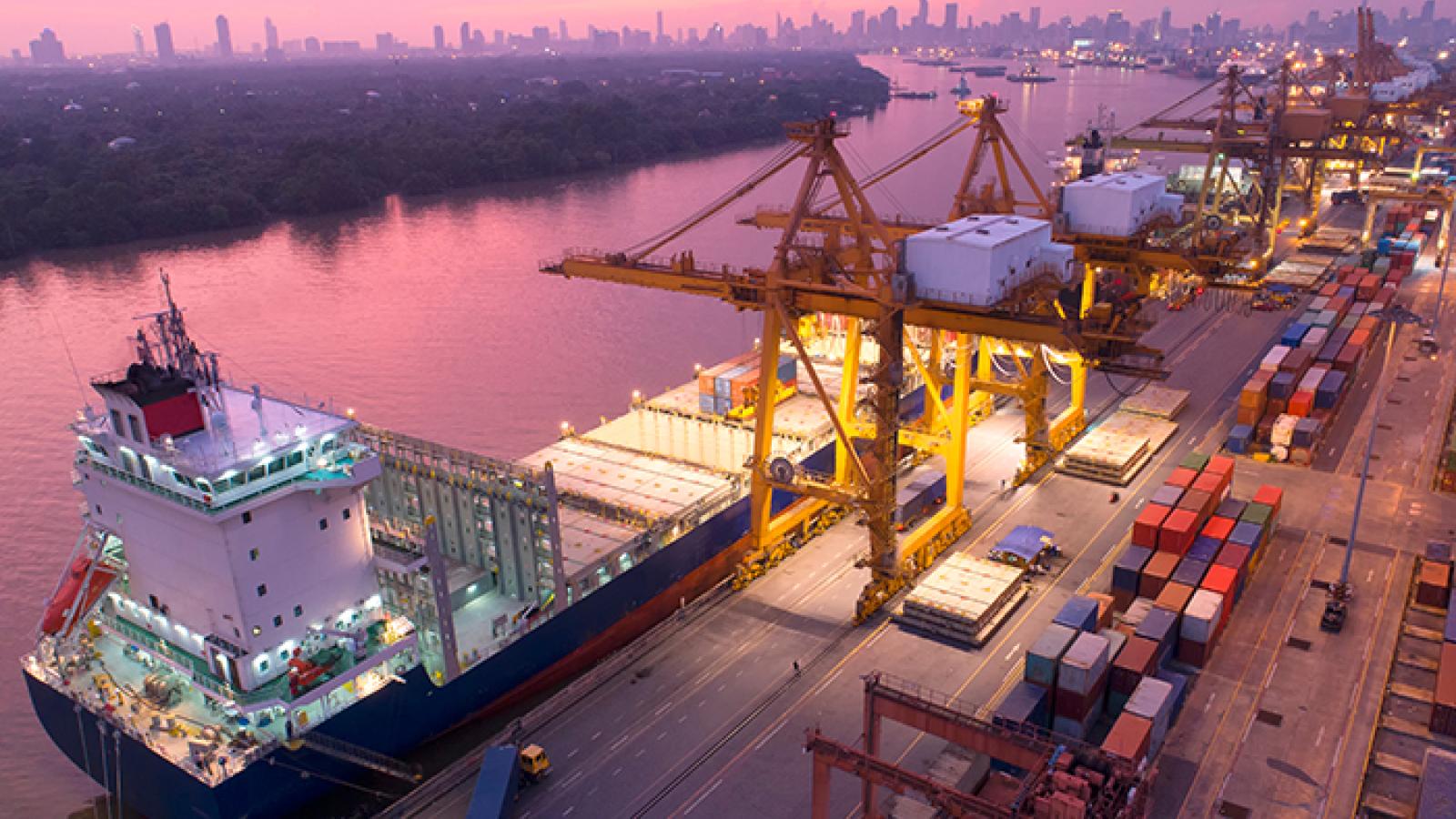
Africa boasts a network of strategic ports that serve as crucial conduits for global commerce. Among these, the Port of Durban in South Africa, the Port of Lagos in Nigeria, and the Port of Mombasa in Kenya stand out as major players, facilitating the movement of vast quantities of goods ranging from containerized products to bulk commodities and petroleum items.
Facilitating Global Trade: The Port of Durban, situated on the eastern coast of South Africa, ranks as one of the busiest ports in Africa and the largest in the southern hemisphere. It serves as a pivotal gateway for both regional and international trade, handling diverse cargoes and fostering economic growth in the region.
Similarly, the Port of Lagos, located in Nigeria, is renowned as the largest and busiest port complex in West Africa. Its strategic location on the Gulf of Guinea positions it as a crucial hub for trade activities within the region and beyond. With modern facilities and efficient operations, the port plays a vital role in supporting Nigeria’s economy and connecting it to global markets.
Further east, the Port of Mombasa in Kenya serves as a key maritime gateway for East Africa. As the principal port in the region, it facilitates trade not only for Kenya but also for neighboring landlocked countries such as Uganda, Rwanda, and South Sudan. Its strategic location on the Indian Ocean makes it a crucial link in global trade routes, handling diverse cargo types and contributing significantly to regional economic development.
Handling Diverse Cargo: These major ports play a critical role in handling various types of cargo, including containerized goods, bulk commodities like grains and minerals, and petroleum products such as crude oil and refined fuels. The efficient movement of these goods through these ports is essential for ensuring smooth supply chains and meeting the demands of both domestic and international markets.
Challenges and Opportunities: Despite their significance, African ports face challenges such as inadequate infrastructure, congestion, and bureaucratic hurdles, which can impede their efficiency and competitiveness. Addressing these challenges requires concerted efforts from governments, port authorities, and private stakeholders to invest in infrastructure upgrades, streamline administrative processes, and enhance operational efficiency.
However, these challenges also present opportunities for innovation and investment. Initiatives aimed at modernizing port infrastructure, adopting digital technologies for improved logistics management, and enhancing trade facilitation mechanisms can unlock the full potential of African ports, driving economic growth, job creation, and sustainable development across the continent.
Africa’s major ports, including the Port of Durban, Port of Lagos, and Port of Mombasa, play a pivotal role in facilitating international trade and fostering economic development across the continent. As key gateways for global commerce, these ports serve as vital lifelines connecting African economies to the world, and their continued growth and modernization are essential for realizing Africa’s trade potential and achieving sustainable development goals.
